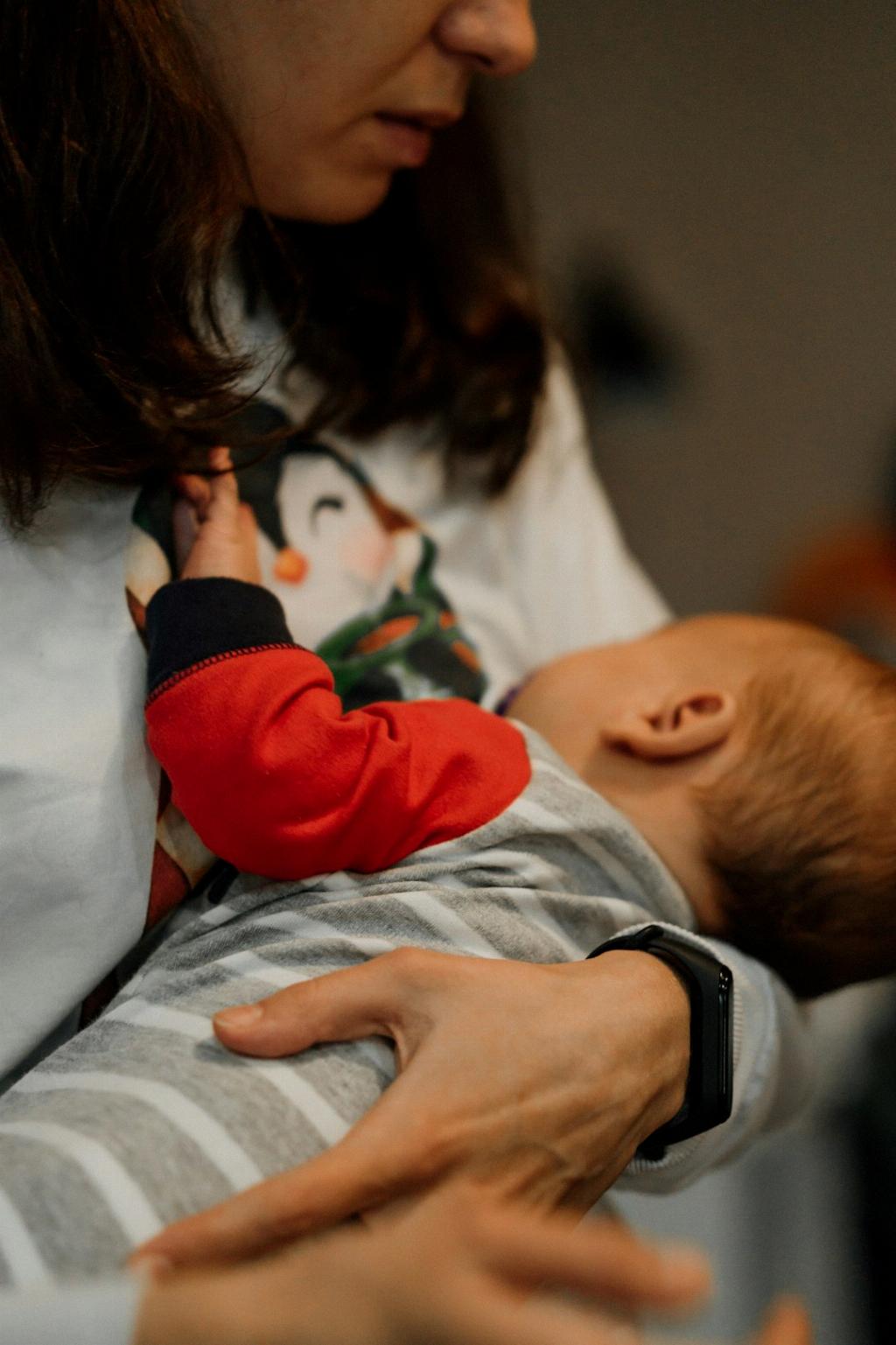When considering the timeline for hormonal changes after stopping breastfeeding, it’s important to recognize that every individual’s body reacts differently to this transition. The process of weaning can lead to fluctuations in hormone levels, particularly those related to lactation and milk production.
Immediate Effects of Weaning
Following the cessation of breastfeeding, the body undergoes immediate changes as it adapts to the reduced demand for milk production. This shift can impact hormone levels, leading to initial fluctuations that may affect mood and energy levels.
Short-Term Hormonal Adjustments
In the weeks following weaning, many individuals experience a return to a more balanced hormonal state. As the body adjusts to the absence of breastfeeding stimulus, hormone levels gradually stabilize, alleviating any mood disturbances that may have arisen during the weaning process.
Typical Recovery Period
On average, most individuals find that their hormones return to normal within a few weeks to a couple of months after stopping breastfeeding. During this time, the body readjusts its hormone production to match the new circumstances, signaling the completion of the weaning process.
Factors Influencing Hormonal Recovery
Several factors can influence the speed at which hormones return to their pre-breastfeeding levels. Individual differences in hormone regulation, overall health, stress levels, and lifestyle habits can all play a role in determining the duration of hormonal adjustment post-weaning.
Managing Hormonal Changes
For those experiencing prolonged hormonal disruptions after weaning, it may be beneficial to consult with a healthcare provider. Addressing any lingering hormonal imbalances can help expedite the return to normal hormone levels and promote overall well-being.
Emotional Impact of Hormonal Shifts
It’s important to acknowledge the emotional impact that hormonal changes can have during the weaning process. Feelings of sadness or lowness are not uncommon and often subside as hormone levels stabilize, allowing for a smoother transition post-breastfeeding.
Self-Care Practices
Engaging in self-care practices such as adequate rest, nutritious diet, regular exercise, and stress management techniques can support hormonal balance during the post-weaning period. Prioritizing self-care can aid in alleviating mood fluctuations and promoting overall hormonal health.
Seeking Support
For individuals struggling with prolonged hormonal imbalances or emotional challenges following weaning, reaching out to a healthcare professional or a support group can provide valuable guidance and reassurance. Seeking support is a proactive step towards addressing any lingering hormonal issues effectively.
Patience and Understanding
It’s essential to practice patience and understanding during the period of hormonal adjustment after weaning. Recognizing that hormonal changes are a natural part of the post-breastfeeding process can help individuals navigate this transition with greater ease and self-compassion.
Conclusion
In conclusion, the timeline for hormones to return to normal after stopping breastfeeding varies for each individual. While most experience a relatively quick recovery within a few weeks to a couple of months, factors such as health, stress, and lifestyle can influence the overall hormonal adjustment process. By prioritizing self-care, seeking support when needed, and practicing patience, individuals can effectively manage hormonal changes post-weaning and promote their overall well-being.

